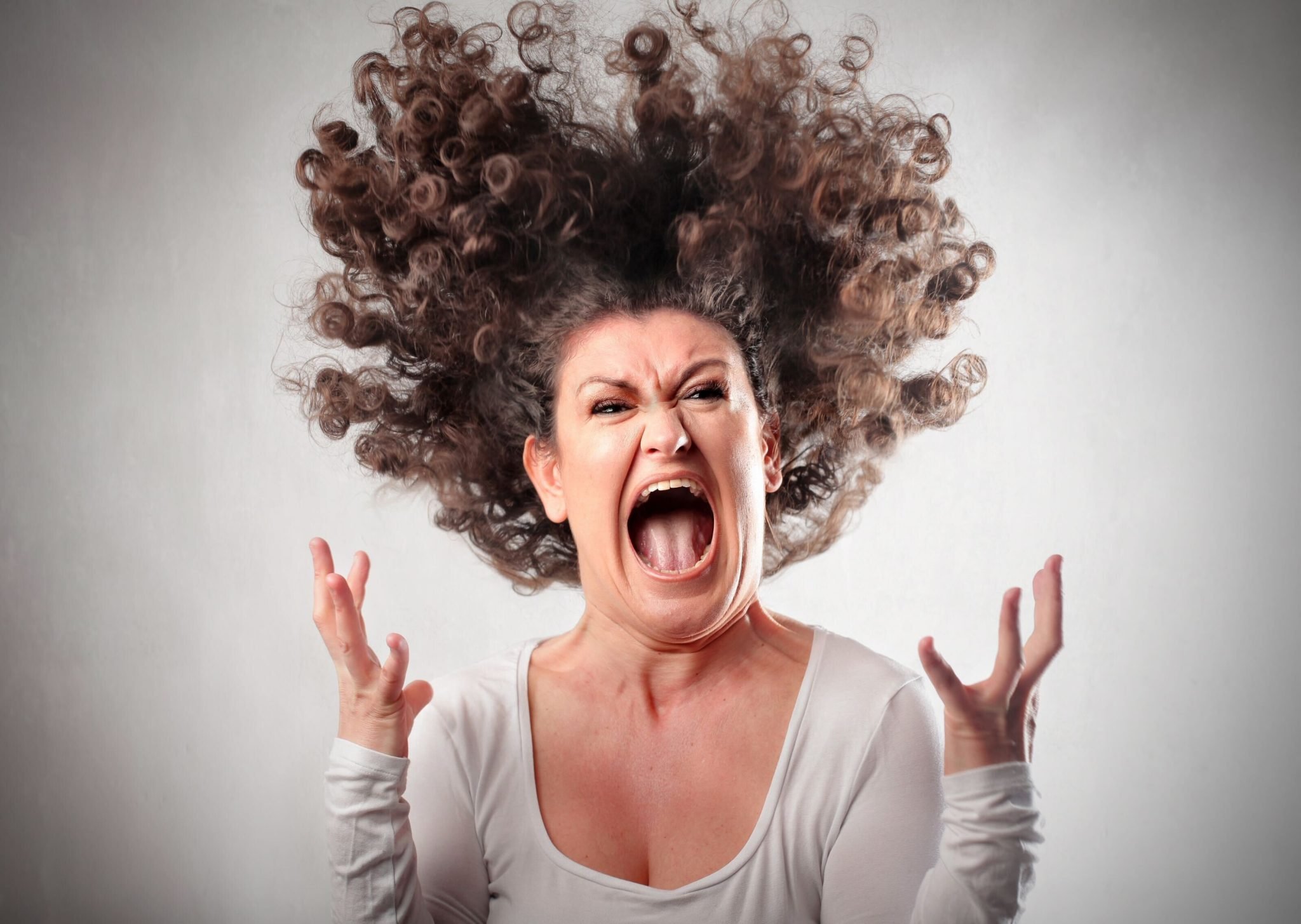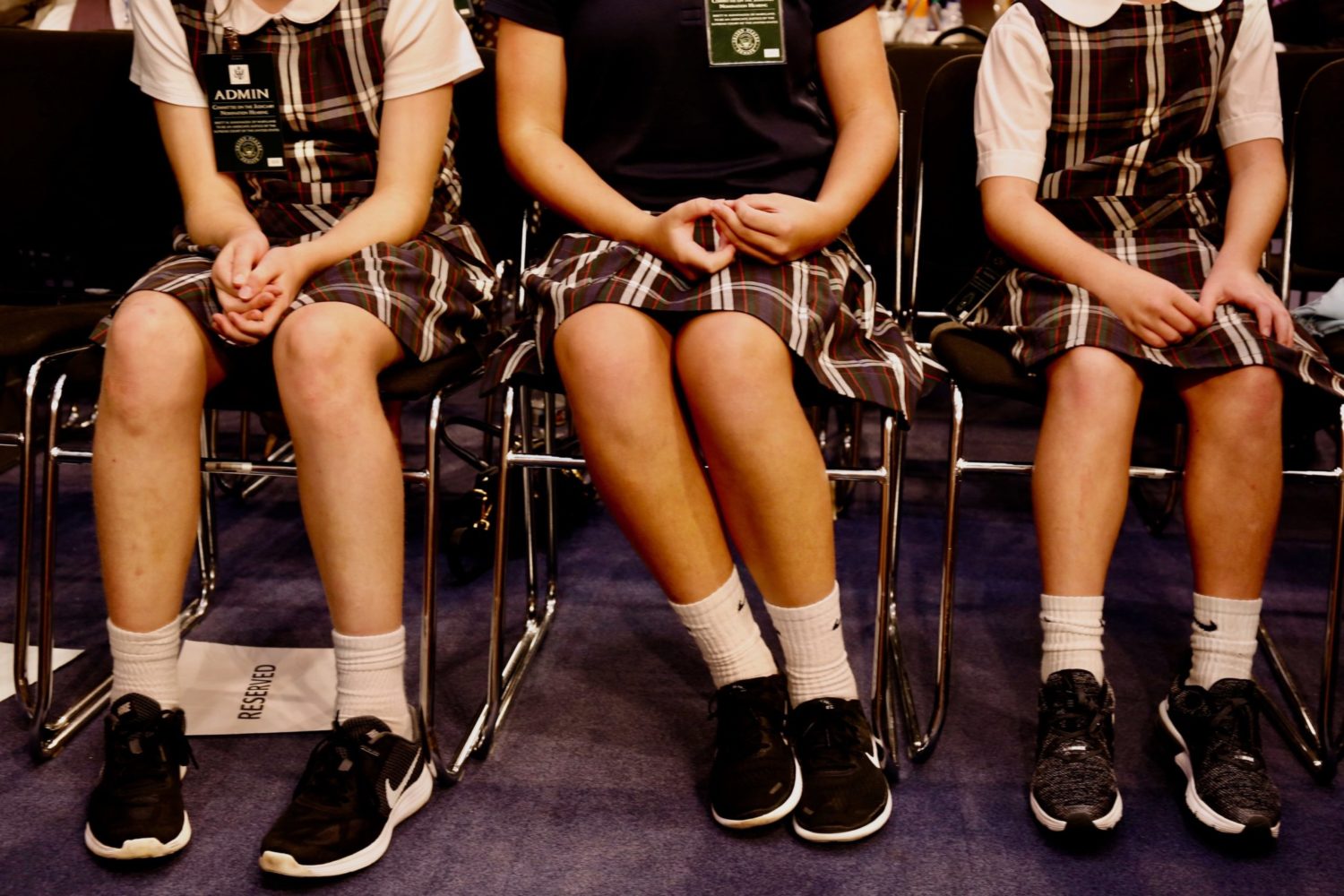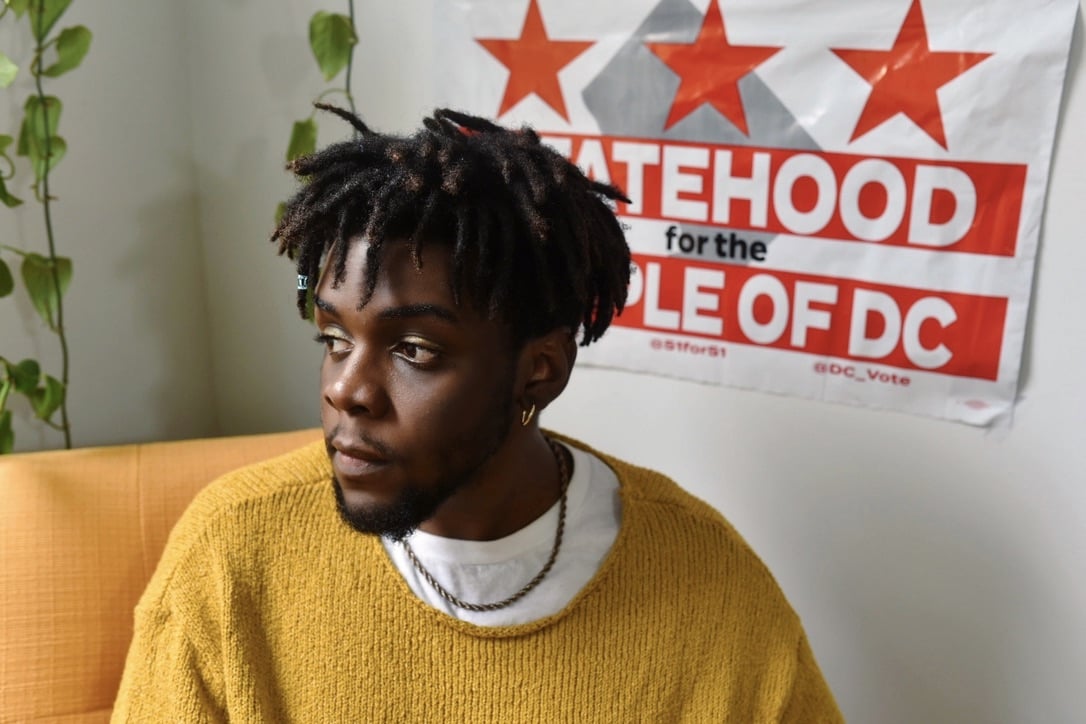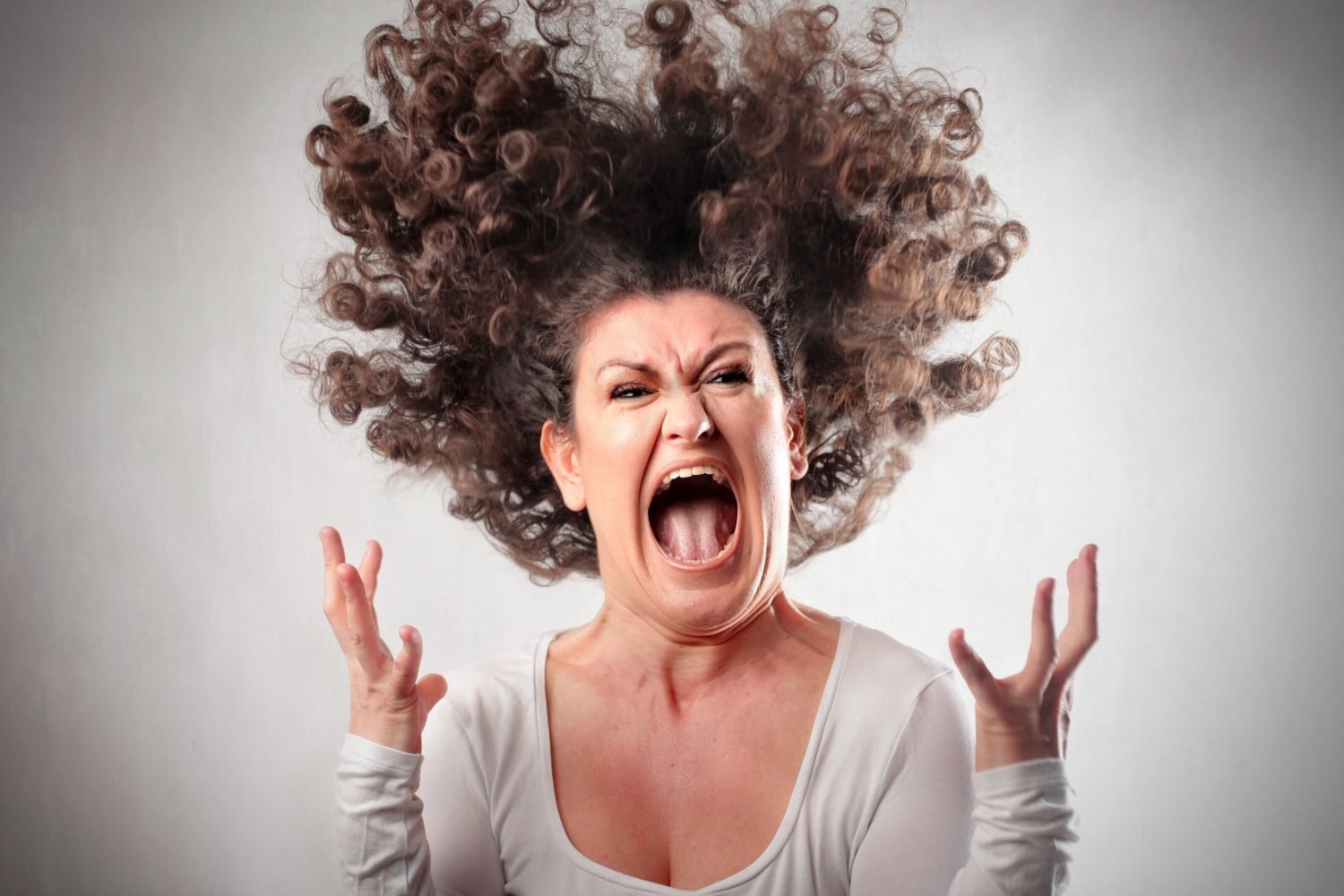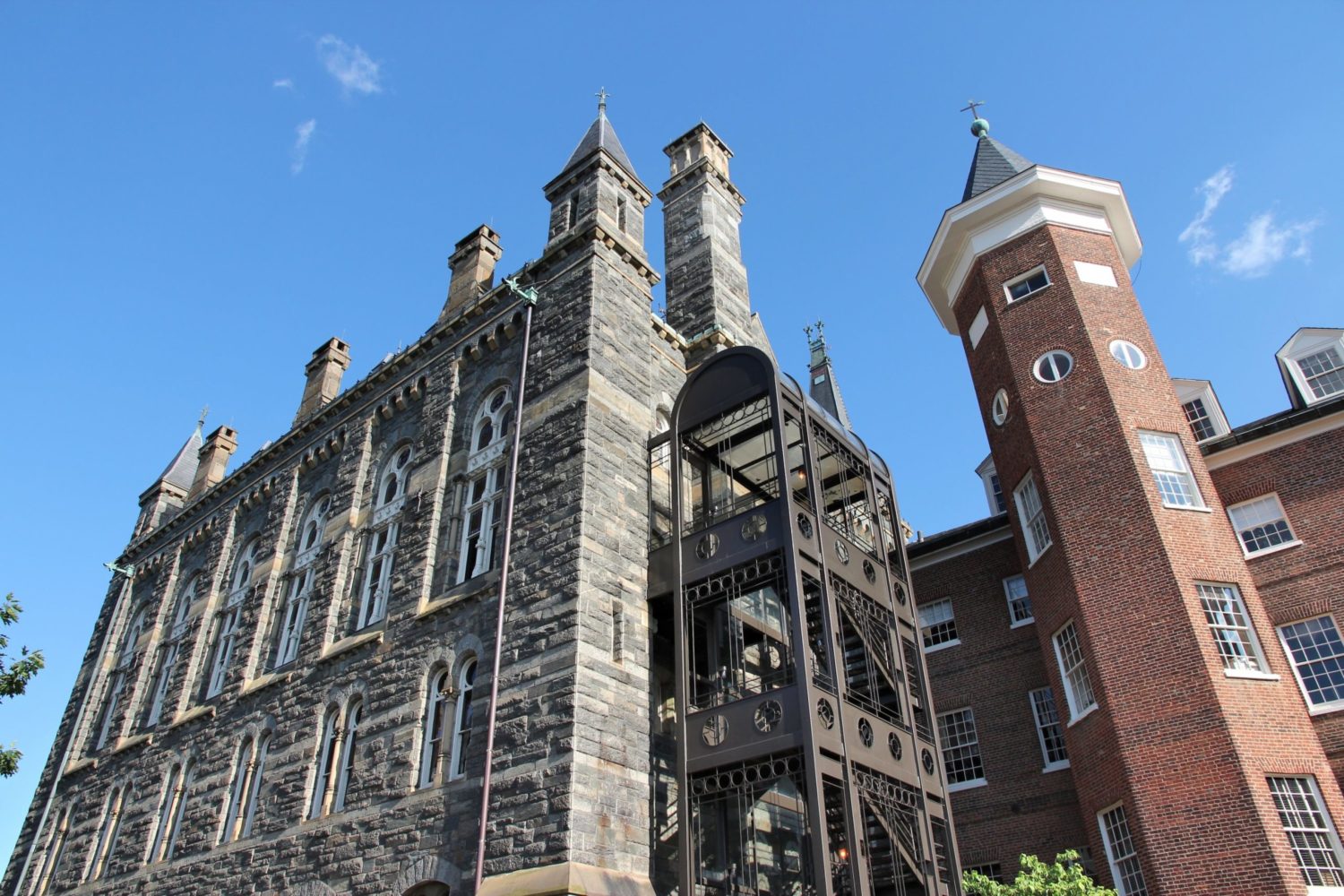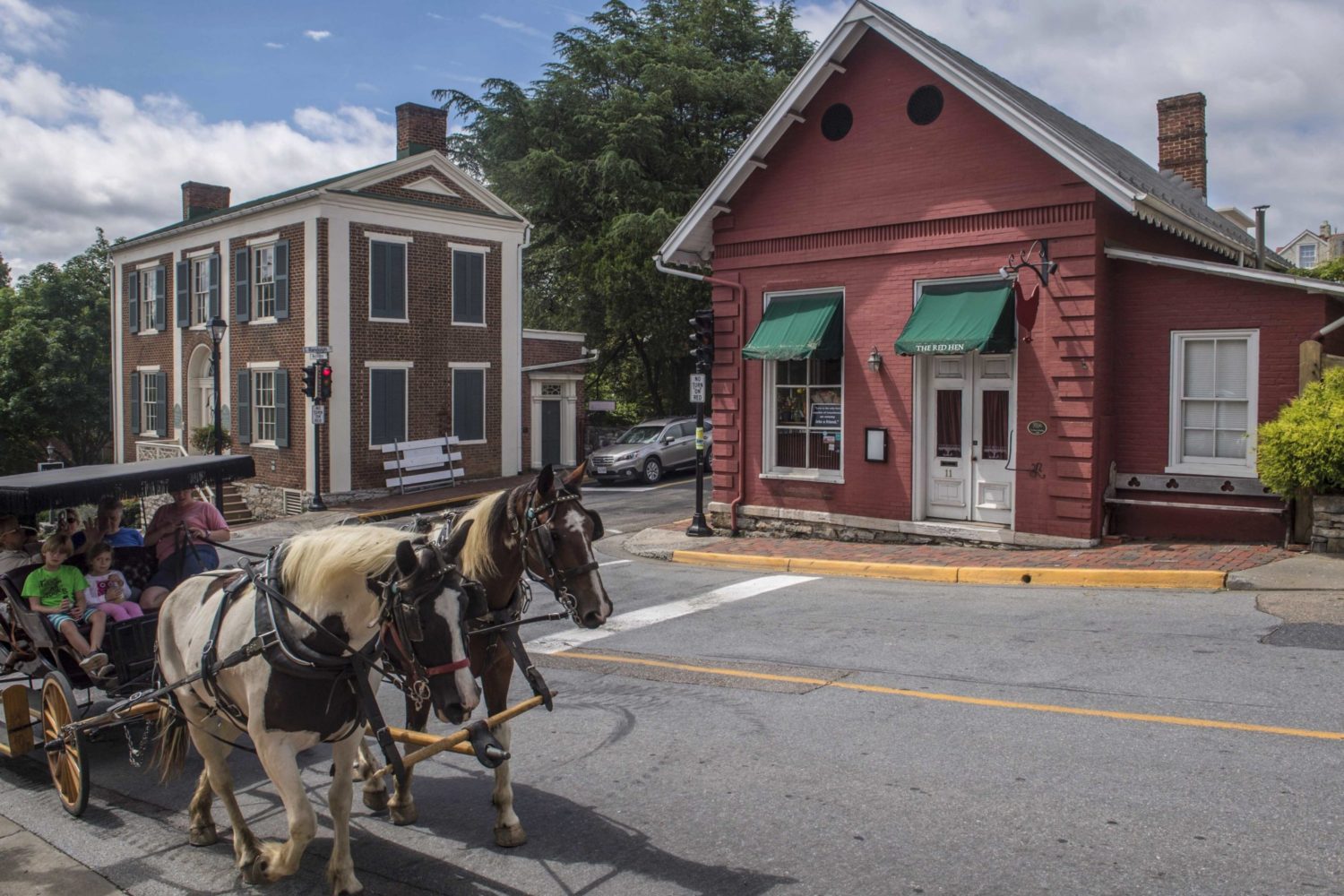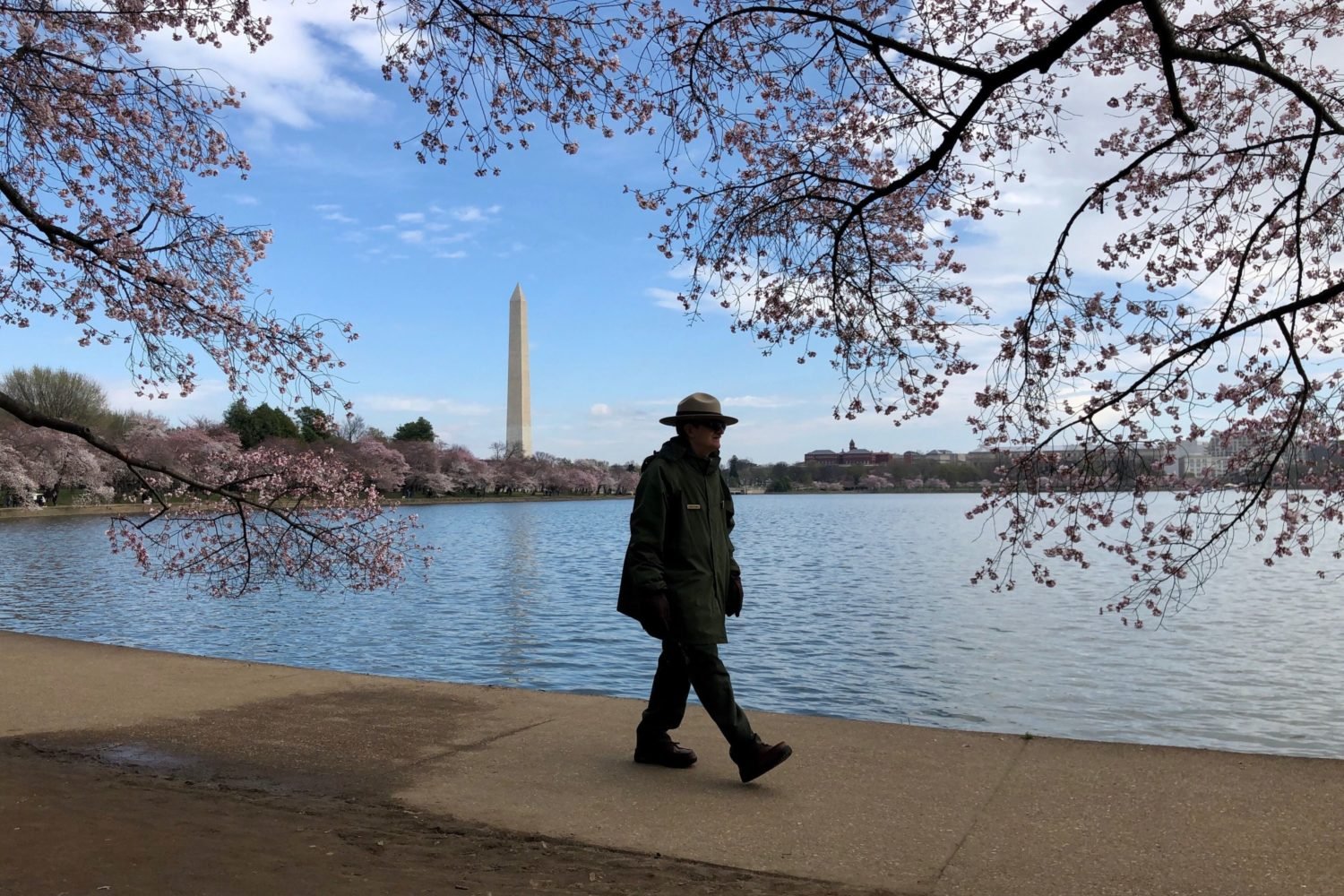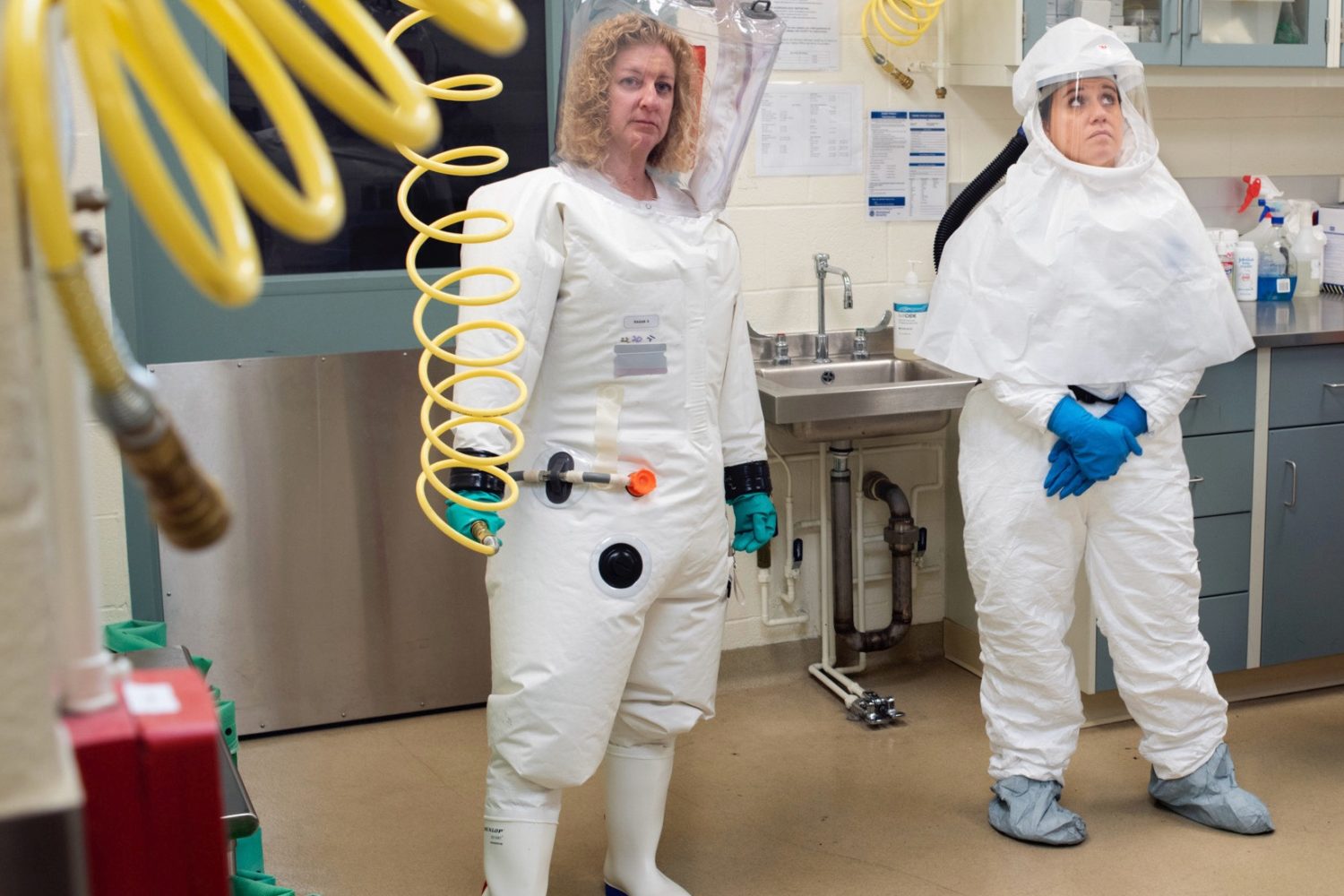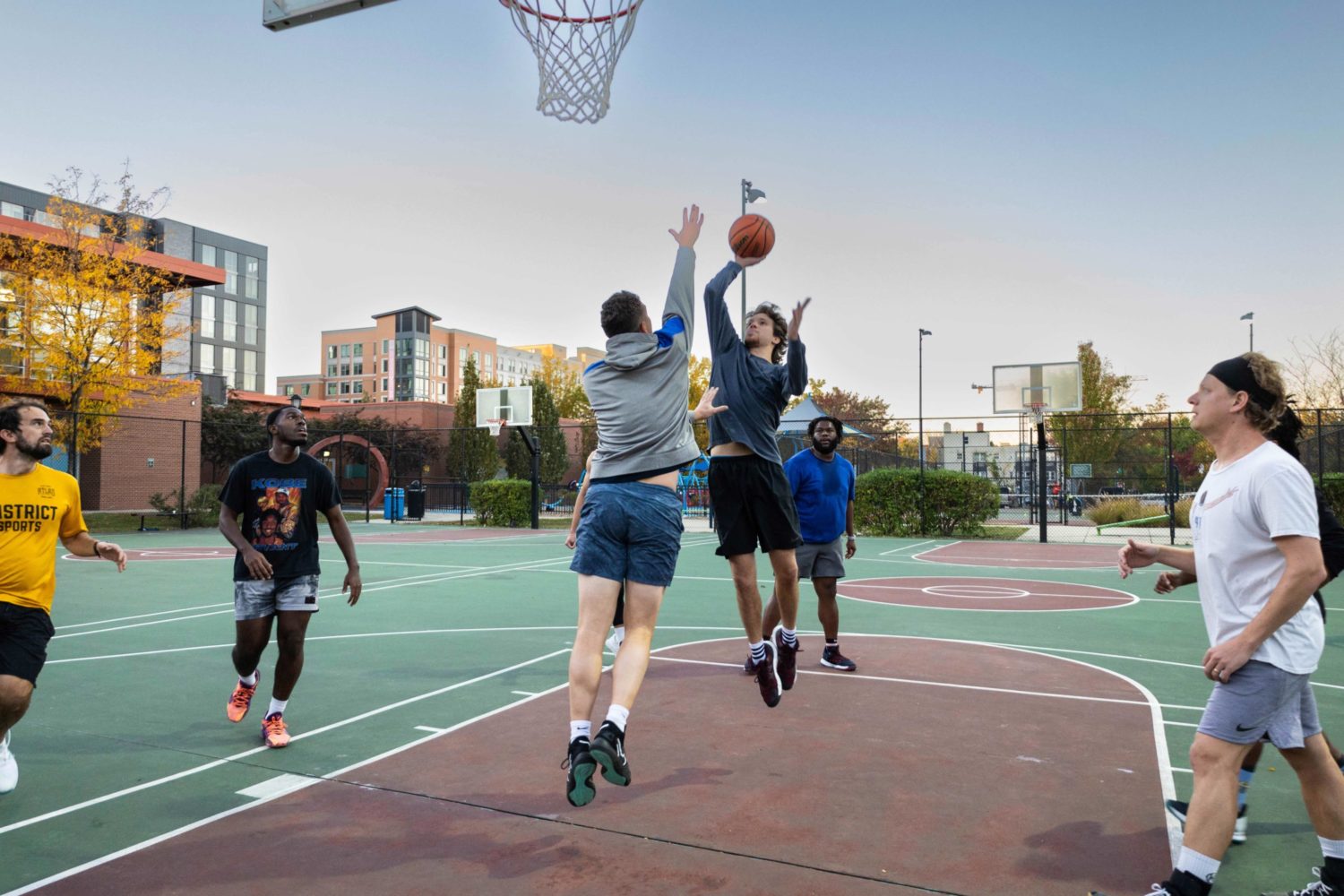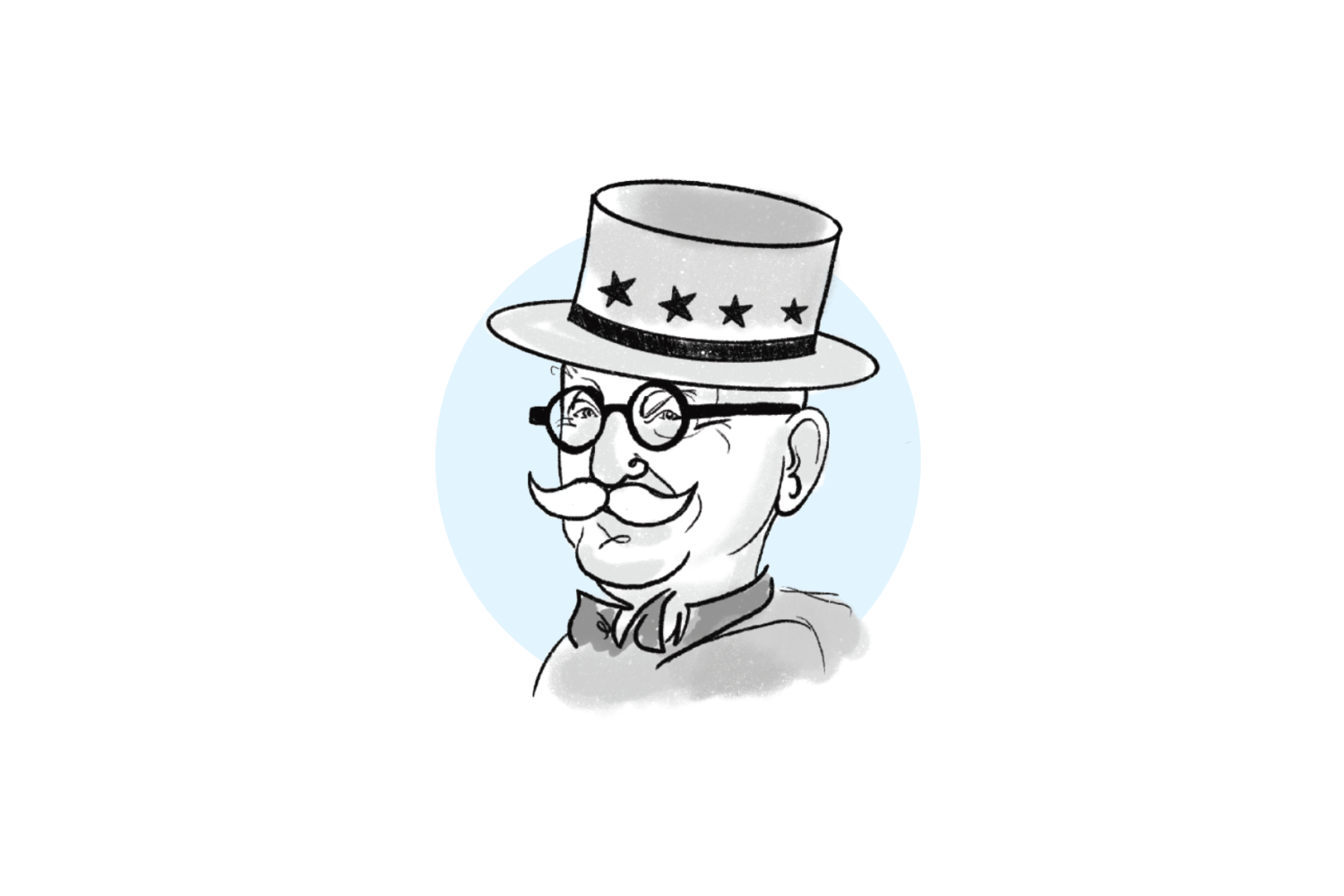About Coronavirus 2020
Washingtonian is keeping you up to date on the coronavirus around DC.
It’s midnight. I’m lying on my bed indulging in my monthly cleansing Covid-era cry. My nose is snotty, my eyes puffy, but I’m not feeling very cleansed. What I feel is the need to scream. But I cannot scream, because, as I mentioned, it’s midnight and I have a roommate and neighbors, and emitting bloodcurdling shrieks during sleeping hours is generally considered rude.
Instead, I’ll wash my face, brush my teeth, put stress-relieving lotion on my now ever-chapped hands, and go to bed. This is what the many opinion pieces I’ve read say is good for me. Small pleasures and routines are crucial to making it through this crazy time, they tell me. “This is just as good as screaming,” I tell myself.
It’s not.
I will wake up the next morning in the blissful haze of a wacky coronavirus stress dream. That will last all of 30 seconds. Then I will fully wake up, and I will want to scream. I will want to scream the next day, and the next day, and the next day, and the next day . . . .
Some of this desire to emit a primal howl comes from my daily monitoring of a rather dystopian news cycle. But that’s part of my job—I’m used to dealing with that. What’s really killing me is that I’ve had little opportunity in the past few months to just be loud.
A kind person would say my voice carries. A more honest person would describe me as slightly obnoxious. Though I’m a journalist by trade, my greatest joy in life is music. I grew up banging on the piano and sawing away at the viola. Then I got a degree in opera to learn how to project my voice to the back of a concert hall over a full orchestra without amplification. Putting sound out into the world has always been my greatest release and comfort.
That has been complicated in the last few months. My normal spaces for making noise—rehearsal rooms, bars, an empty house—have all disappeared. Though my roommate has been quasi-saintly in her understanding of my need to express myself at high volume, it seems unfair that in a stressful time in her life, she should have a heaping dose of unwanted Puccini added to her troubles. Not to mention that we have thin walls and that I’d never be able to forgive myself if belting along to “I Will Always Love You” woke the toddlers next door from their hard-won naps.
This has left me feeling somewhat vocally neutered. Objectively, I’m fine. I and my loved ones are safe and healthy, and I’m finding other ways to relieve stress—running, cooking. But nothing is a replacement for loudness, for that delicious feeling when the diaphragm clicks into place, the lungs bellow air, and the vocal cords buzz in an ecstatic release of sound and emotion.
It’s gotten so bad that I’ve grown envious of children. Every day, I can hear the little kids next door through my wall crying, wailing, screaming, banging on things. I’m consumed with an irrational rage. Why should these small humans be allowed to emit so much noise while I’m relegated to sitting quietly, typing away on my laptop? I want to yell, “Oh, yeah? You’re gonna make noise all day? Well, two can play at that game m—–f—ers!!!” and then proceed to sing and cry and laugh and scream and slam pots and pans together.
Instead, I sit at my laptop and type.
Perhaps this need for noise stems from a deeper fear: that this time we’re in will be forgotten. Most people I know anticipate answering their grandchildren’s questions about what it was like to live through the pandemic. I’m not so sure this will be the case. Many of the safety measures in place today were used during the 1918 flu, but I and most others weren’t taught about that in school. Historians will tell you that once that flu outbreak was over, people just wanted to forget. So it was forgotten.
While I have no desire to reminisce on this time, I also don’t want it to disappear. I realize that’s a paradoxical statement, but then this is a paradoxical era. At a time when many of us are staying at home and doing nothing, it feels like everything is happening at once. Down the line, writers and filmmakers will rightly celebrate the lifesaving doctors and the sorely underappreciated grocery workers, but what about the billions of people doing their part by staying at home, who are also affected by this virus’s wide-reaching effects?
When they dig deep, most writers will tell you they write so a part of them will last after they’re gone. If I were to dig deep, I would say I produce sound and noise to remind myself and others that I’m alive on this earth, to feel that there’s air in my lungs and I’m actively doing something to experience the short time I’m given in this world. To have that taken away feels as though I’m merely experiencing life, not living it.
But I’m not going to dig that deep. To do so would require unplugging the emotional cork I’ve been using to bottle up the myriad feelings I haven’t had the energy to process. Should I begin to sort through all of that, I’d likely have the uncontrollable desire to scream. Which I cannot do.

